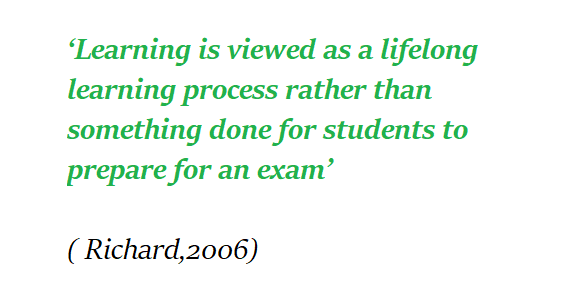Is freelancing the future of employment?
Today, freelancers represent 35% of the United States workforce. In the European Union, the rate is 16.1%. Both figures demonstrate the same global trend: from creative entrepreneurs to those paid by the task, freelancing is on the rise worldwide.
So, too, are analyses of this phenomenon, as journalists, sociologists, human resources specialists, life coaches, even freelancers themselves try to uncover “the truth” about freelancing.
That’s because of the “gig economy”, as it is sometimes called, is a Janus-faced – and relentlessly evolving – phenomenon. Freelancing is often portrayed as liberating, empowering, and even glamorous, but the reality is far more complex.
In OECD countries, studies show that these individuals work chiefly in the service sector (50% of men and 70% of women). The remainder are everything from online assistants to architects, designers and photographers.
Freelancing is increasingly a choice that people make in order to escape the 9-to-5 workday.
Many freelancers, whatever their job, may have originally opted for this employment model because it offers (or seemed to offer) freedom – the freedom to work anytime and, in some cases, anywhere. Only 37% of current US freelancers say they resort to gig work out of necessity; in 2014, that figure was higher, at 47%.
Of course, this is not the end of the salariat. Full-time, company-based work is still the standard for employment in most Western countries, as it is in Russia.
Nevertheless, with the rise of telecommuting and automation and the unlimited potential of crowdsourcing, it stands to reason that more and more firms will begin running, and even growing, their businesses with considerably fewer employees.
This does not necessarily mean an increase in unemployment. Instead, it likely means more freelancers, who will form and reform around various projects in constant and evolving networks.
The rise of freelancing may be a key visible indicator of the future of work, notably in terms of collaboration practices. Freelancers are already facilitating the co-management of projects. Soon enough, they will also be producing, communicating, and collaborating with firms, customers, and with society at large.
Given that they are not a homogeneous class of workers, managing these new managers will not be simple. Currently, there is not a single social protection system that cleanly corresponds to all freelancers, from house cleaners and taxi drivers to architects and news editors.
How can these individuals group and work together to promote and defend their diverse employment interests? Surely, some ambitious freelancer is on the case right now.
( Cre: https://theconversation.com)



